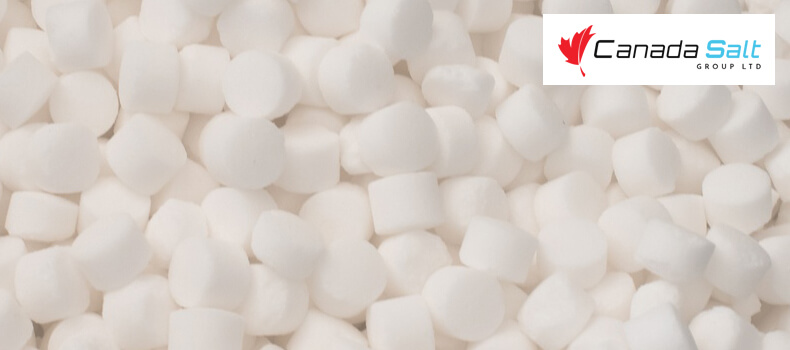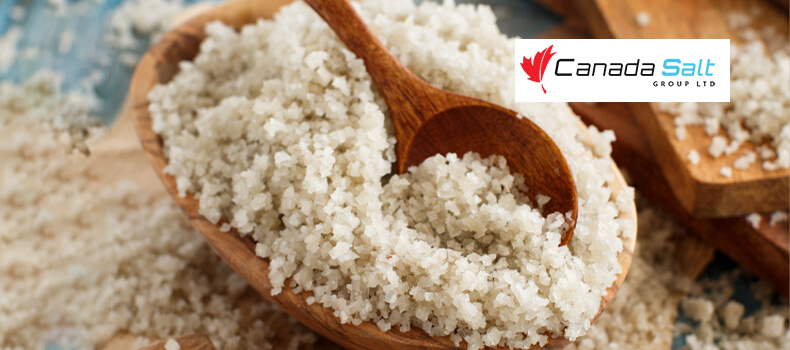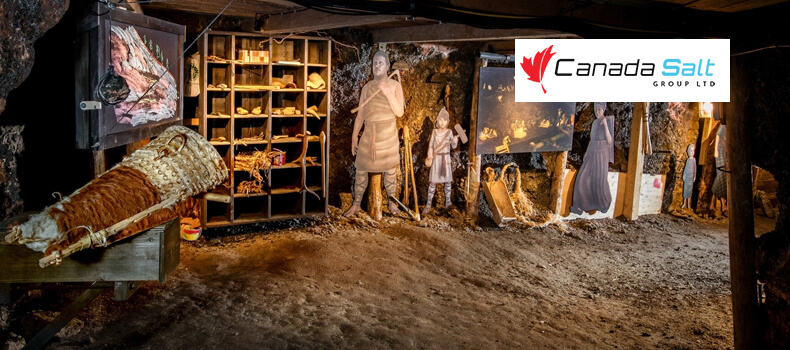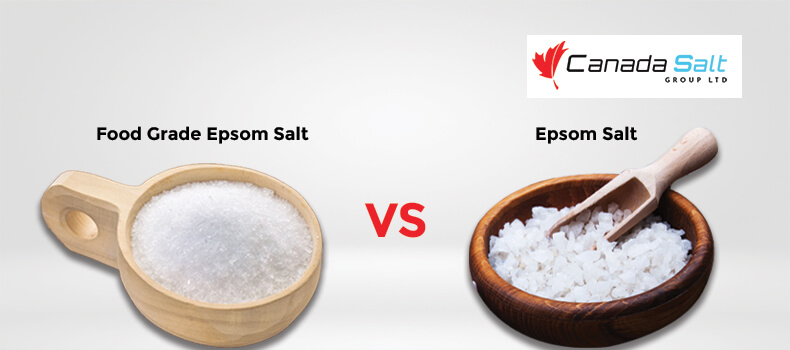Best Water Softener Salt
The water softening process is an ion exchange process where the hardness causing chemicals are converted to sodium ion. So using sodium products increases the sodium concentration. The suggested intake of sodium for an adult is 1000 to 1500 mg per day. There are many brands of water softener salts, but which one is the best water softener salt among them? This is the question asked by most homeowners. It is also challenging to know what to buy.
The salt you use as softener has an impact on many things.
- How effectively your softener will regenerate
- How clean is your brine tank
- The amount of sodium present in the water
- The total cost of softener born by the owner
So you need to keep in mind the above points to choose the best water softener for water in your house.
Types of Softeners
Some of the softening salt pellets sold in stores have a high level of impurities and insoluble materials. The insoluble matter can make your softener to malfunction. If in case you have seen any matter being built up in the tank, then the tank needs to be cleaned immediately.
Different Forms of Salt
Evaporated Salt Pellets:
Salt pellets are the purest form of salt and the most expensive. The salt has less insoluble matter and is 99.9% pure. No matter is deposited at the bottom of the tank when you use pellets for water softening. These pellets are generally called as evaporated salt pellets.
Solar Salt Crystals:
These salt crystals are made by evaporating seawater. This salt is more soluble than rock salt but does not work as well as evaporated salt. The salt is 99.6% pure but does not work when the water hardness is very high.
Rock Salt:
This salt resembles rocks or pebbles. Even though the salt is economical, it’s not recommended to use this salt due to the high content of calcium sulphate. The calcium sulphate does not dissolve well in the water and causes maintenance headaches.
Block Salt:
This salt is not to be used unless your dealer recommends it.
Potassium Chloride
Potassium Chloride can be used as an alternative to the typical sodium chloride softeners available. The main advantage is that water softened by potassium chloride does not have sodium, and this can be advantageous for people having restrictions over sodium usage in the diet.
There are some disadvantages.
- More expensive
- Less effective at regenerating the resin of water softener.
How Much Salt To Add to Water Softener Tank?
The level of hardness and the amount of water consumed by your family determines the amount of salt you should add to the softener tank. An average family of four members would require about 10 lbs of salt each week. This would be equal to 40 lb per month.
Variables that increase the use of softeners
- Increase in family members: More family members mean there is more consumption of water and so more salt is required to regenerate soft water frequently.
- Extreme Hard Water: Increase in the hardness of water, increases the use of salt for softening water
- Larger Storage Tank: If you are having tank above the standard 9″ diameter, then there is a need for more salt for softening the water.
- Local Water Treatment Variables: Depending on the availability of water, the local authorities can increase or decrease the valve settings, causing the softener to regenerate more or less depending on situations
- Age of Softner: A softener of age for more than 10 years requires more salt for the softening process.
To ensure that the water remains soft all the time, make sure that half tank in softener is filled with salt.
Where to Buy Water Softener Salt?
The purity of salt decides the working of a softener installed in your water tank. Always make sure that you buy the purest form of salt. Contact Canada Salt Group Ltd for all your softener salt needs. The company produces the purest form of salt and supplies all over North America. The delivery option also available to your place whenever needed. Talk to an expert at 866-321-7258 or contact us online now.





